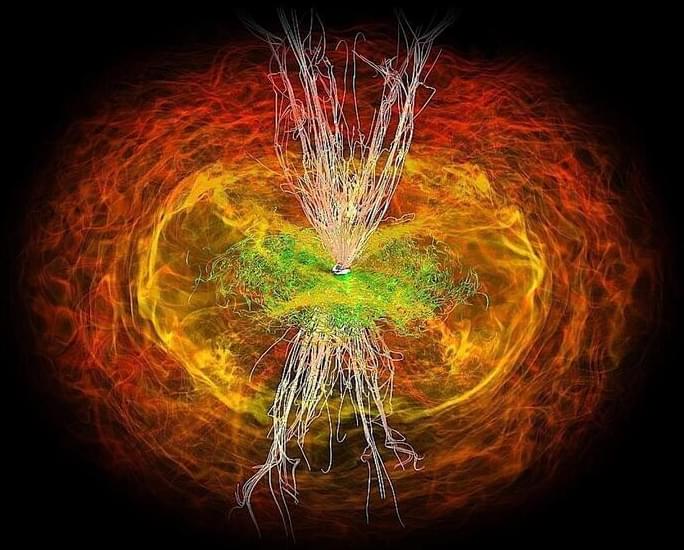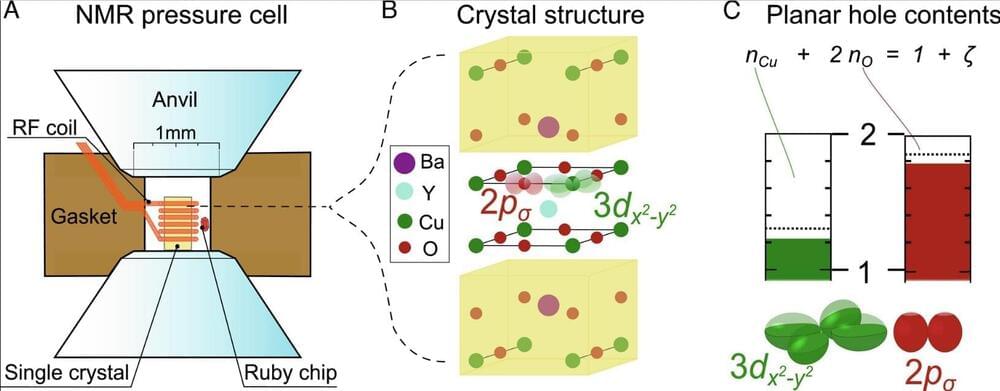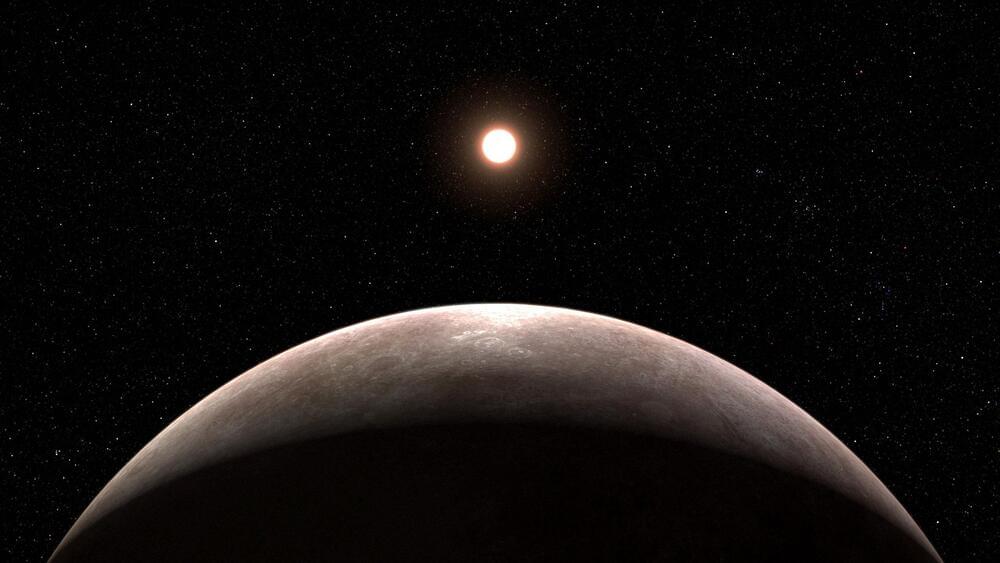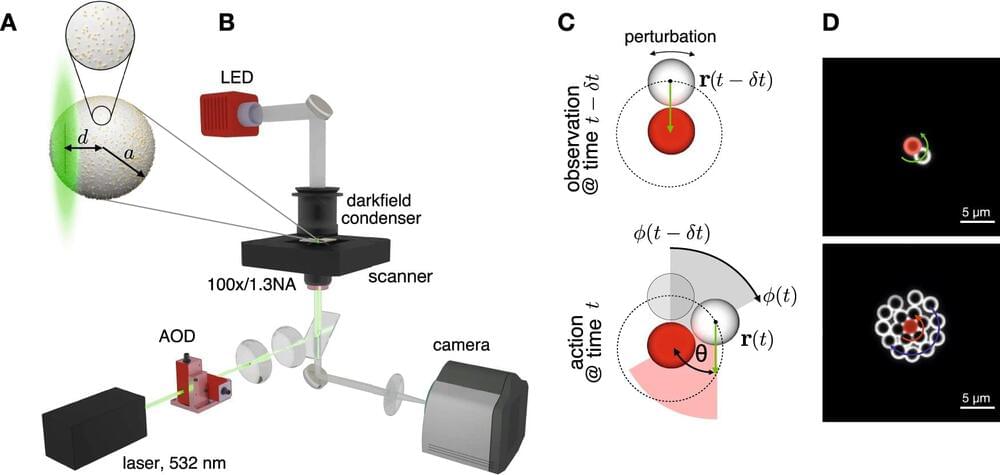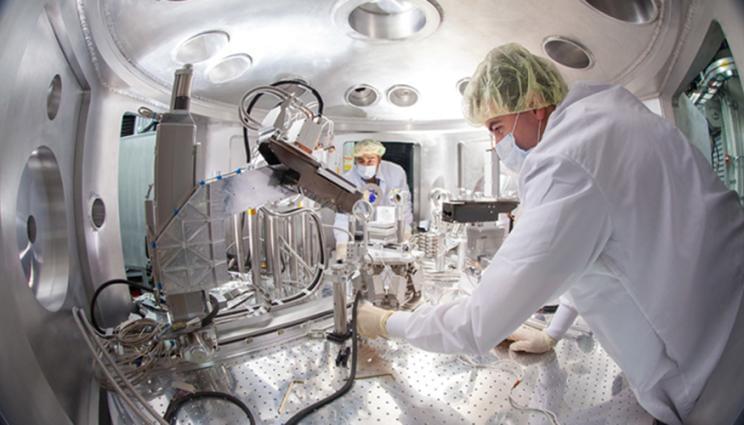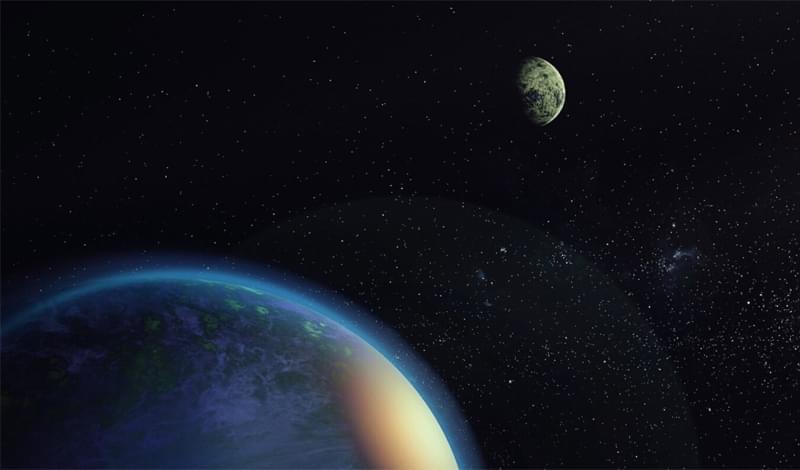Octopuses have fascinated scientists and the public with their remarkable intelligence, from using tools to engaging in creative play, problem-solving, and even escaping from aquariums. Now, their cognitive abilities may provide significant insight into understanding the evolution of complex life and cognition, including the human brain.
An international team of researchers from Dartmouth College and the Max Delbrück Center (MDC) in Germany has published a study in the journal Science Advances.
<em>Science Advances</em> is a peer-reviewed, open-access scientific journal that is published by the American Association for the Advancement of Science (AAAS). It was launched in 2015 and covers a wide range of topics in the natural sciences, including biology, chemistry, earth and environmental sciences, materials science, and physics.

